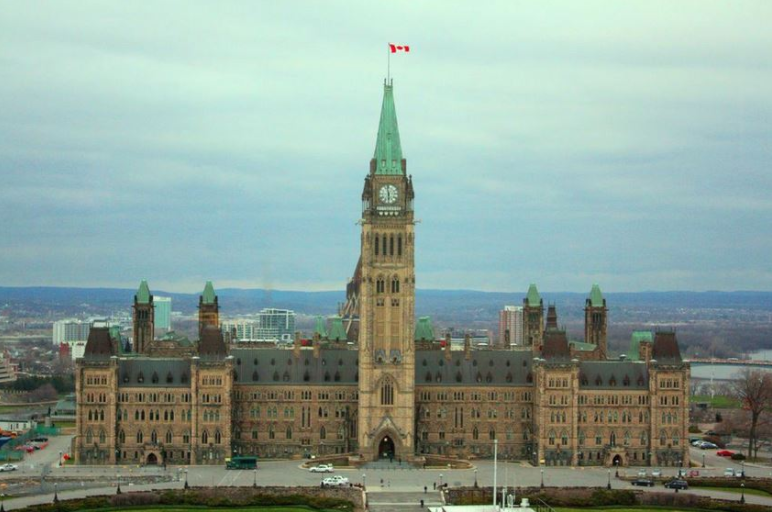Trudeau rejects call for five per cent tax on broadband Internet services
Prime Minister Justin Trudeau is swiftly shooting down a parliamentary committee’s recommendation that Ottawa impose a five per cent tax on broadband Internet.
By The Canadian Press
Prime Minister Justin Trudeau is swiftly shooting down a parliamentary committee’s recommendation that Ottawa impose a five per cent tax on broadband Internet services as a way to “level the playing field” in Canada’s rapidly changing news industry.
Liberal members of the Commons heritage committee have released a long-awaited report with 20 recommendations aimed at helping the slumping media industry adapt to significant business challenges brought on by technological changes and evolving consumer habits.
The majority report calls on Ottawa to apply the tax, levied on broadband Internet providers, to high-speed Internet services that allow for the streaming of music, movies and TV shows, but not to slower and cheaper services.
An Internet tax would add hundreds of millions of dollars in revenues to the Canadian Media Fund, which already receives a levy on cable bills to finance the production of Canadian content.
Speaking to reporters in Montreal after the report’s release, Trudeau said he respects the independence of the committee, but rejects the idea of a raising taxes on the middle class through an Internet broadband tax.
The committee report also recommends requiring the publicly funded CBC to eliminate advertising on its digital platforms; letting media companies deduct taxes on digital advertising on Canadian-owned platforms; and a tax credit for print outlets for a portion of their digital investments.
But the Conservative members of the committee have introduced a report of their own, arguing that their Liberal counterparts are living in the past.
The heritage committee has spent more than a year studying the industry, which has been steadily losing advertising revenue and market shares to online giants such as Facebook, Netflix and Google.
Liberal MP Hedy Fry, chair of the committee, said the aim of the recommendations is to level the playing field for media companies.
“We had very important debates. We really were passionate about this,” Fry told the House of Commons as she tabled the report.
“There was a difference of opinion, however”
Conservative MP Peter Van Loan tabled a dissent, which he described as being “very much in contrast” with the main report.
“Overwhelmingly, the recommendations of the majority on the committee have embraced an effort to turn back the clock in the media world, and keep things the way they were,” Van Loan said.
“To try and replicate the ways of the analog world in a new digital world. This is a fool’s errand; the world is changing (and) change means disruption.
“Higher taxes and government control of the news is not the answer to the problem.”
This story is republished with the permission of The Canadian Press.




